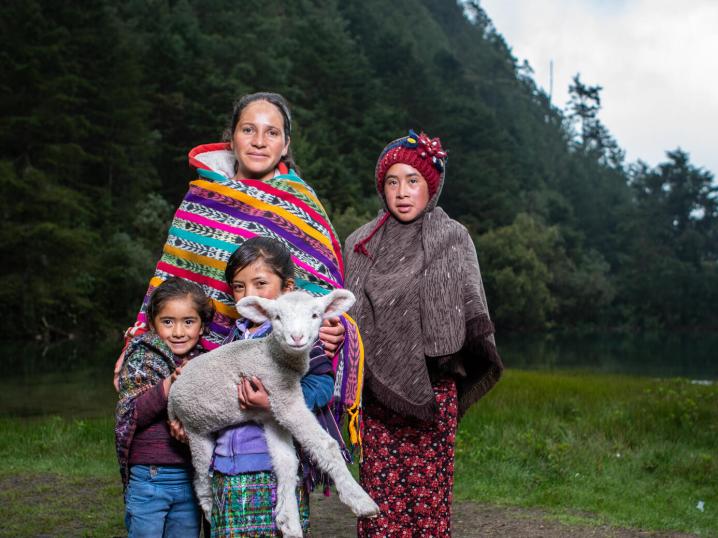Moving from Outreach to Impact

Written by Johanna Ryan, Global Director of Impact, VisionFund International
In our work, there are significant challenges to producing evidence of the changes to clients lives. The standard means of evaluating the change to the lives of clients over time is burdensome and can be very expensive, involving data-collection and analysis over multiple years, and usually conducted by a third party.
One of our vendors, 60_Decibels, uses a lean data approach and their methods particular suit our objectives and our business model in a number of ways:
- The approach starts with the focus on the clients, listening carefully to what they have to say in a way does not take them away from their productive activities;
- From beginning to end – survey design to presentation of the survey report takes as little as eight weeks;
- MFIs experience minimal disruption, having only to provide client contact details and notify clients that 60 Decibels will be contacting them;
- The methods are very light-touch, using low-cost tools and mobile phones, meaning minimal investment of time and money;
- Surveys are conducted in local languages; and
- The process is iterative which allows VisionFund to learn from the techniques to develop our own internal evaluation capacity.
The results are useful and MFIs can use the results to understand the changes brought about by our work, which means we can refine our services and products to expand and deepen our impact.
Recent studies from Kenya and Guatemala showed the importance of VisionFund Recovery Lending loans and the importance of the loans to the well-being of the client’s children.